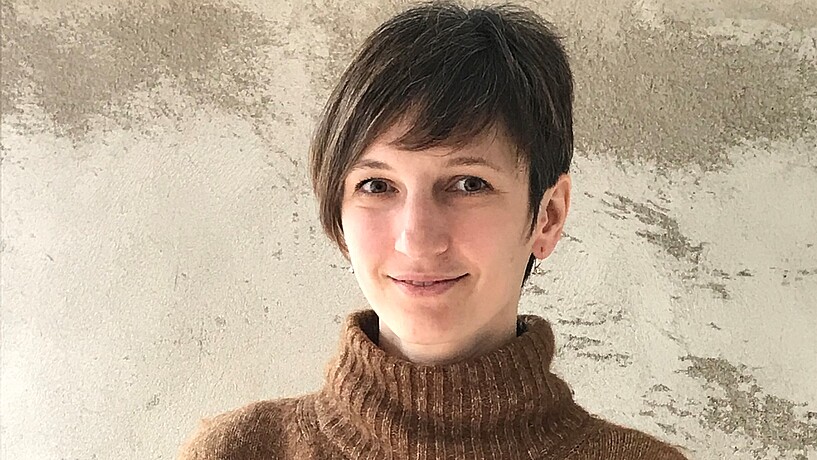The young woman at the table in the cafeteria could be a normal student or an academic staff member at the Bergedorf campus. She sits upright and brushes her bangs from her forehead from time to time, focused on the person across from her. She wants to tell the story of having to flee the Ukraine in order to draw attention to the situation facing people there. She feels that she owes this to her country and above all her husband, who has joined the war not as a soldier but as a volunteer.
The idea of coming to Hamburg at short notice came from Professor Walter Leal, head of the Sustainable Development and Climate Change Management Research and Transfer Centre in the Faculty of Life Sciences in Bergedorf. The two knew one another through a joint research project. Directly after the war broke out, Prof. Leal wrote to his colleagues in Ukraine and offered his support.
The young academic had already visited HAW Hamburg in 2017 as a doctoral student in ecological economics. 'It is very strange for me to sit here in the same cafeteria today as a refugee,' she says. At that time she was working with Prof. Leal in the LARS research project. Afterwards she returned to Ukraine and completed her PhD at the Ukrainian National Forestry University. In 2019, her son Luca was born.

